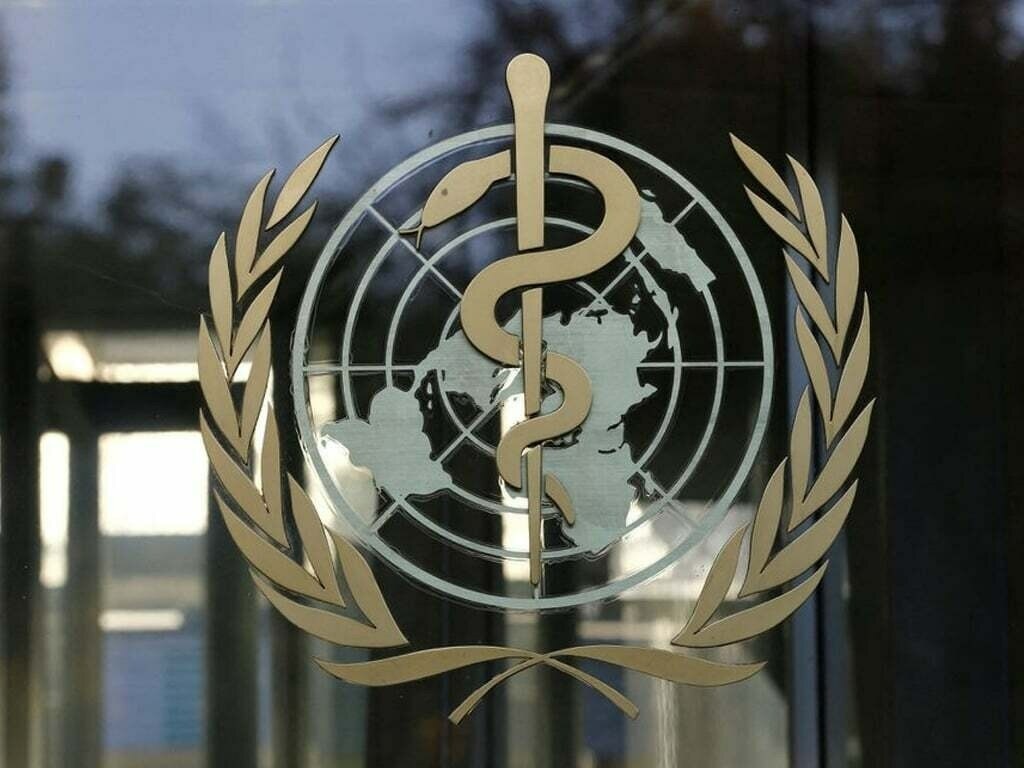Masood Khan
Industrial Trans Fatty Acids (iTFA) is a type of fat that can be found in both natural and processed foods. Natural trans fats are produced in animal guts and found in milk and meat, while artificial trans fats, also known as industrially produced trans fatty acids, are produced in industry by adding hydrogen to vegetable oils. They are extensively used to deep-fry food and prepare bakery items, pizzas, etc. However, health experts and scientists consider them more dangerous for human health than natural trans fats, as they may cause heart attacks and diabetes.
In recent years, the consumption of iTFA in our diets has become a pressing concern globally. The World Health Organisation (WHO) has set a consumption limit for iTFA to be less than one percent of total energy intake, a limit that many countries have either banned or restricted their use in food to adhere to. However, some countries still consume them in significant quantities, leading to adverse health effects.
Shockingly, Pakistan ranks as the second-highest consumer of iTFA in the Eastern Mediterranean Region, with iTFA intake linked to a staggering 10.13% of ischemic heart disease deaths in Pakistan, which is higher than the global average. The country’s healthcare costs associated with iTFA-related diseases are also a significant burden on the economy.
Moreover, the use of iTFA is widespread in Pakistan, and it is a significant contributor to the country’s edible oil import bill. In 2022, the bill was USD 4.3 billion, reflecting the huge demand for iTFA-laden products. Hence, there is an urgent need for increased awareness about the dangers of iTFA in the country and a complete transformation in our approach to food safety and public health education.
The Pakistan Standards and Quality Control Authority (PSQCA) and Islamabad Food Regulatory Authority have taken proactive measures to control the use of iTFA in the country. In October 2023, the Islamabad Food Authority decided to limit iTFA consumption to 02 grams per 100 grams of food, which is in line with the WHO recommendations. However, challenges in enforcement, public awareness, and industry pressure persist.
To tackle the iTFA problem effectively, a multifaceted approach involving all stakeholders is crucial. The symposium organized by the Sustainable Development Policy Institute and Cargill on ‘Reducing Industrial Trans Fatty Acids in Pakistan’ called for a communication strategy to educate the public on the harmful effects of iTFA, particularly vanaspati or other hydrogenated vegetable oils. This strategy should involve collaboration with NGOs, who can leverage their community networks, and healthcare providers, who can provide expert advice for widespread public awareness.
The Ministry of Science and Technology, as a key player in this initiative, should partner with producers and research institutions to develop healthier alternatives to partially hydrogenated oils. Small and Medium Enterprises (SMEs) need support in reformulation efforts, and laboratory capacities must be strengthened to assess iTFA content effectively. The symposium called for policies that ban partially hydrogenated oils and ensure transparent labelling, which should be implemented through effective collaboration among all stakeholders.
Therefore, iTFA is a significant health concern for countries like Pakistan, where its consumption is widespread. The adverse effects of iTFA on human health, healthcare costs, and the economy make it imperative to adopt effective policies to ban partially hydrogenated oils and ensure transparent labelling. A multifaceted approach involving all stakeholders and a communication strategy to educate the public on the harmful effects of iTFA are crucial for successfully implementing these policies.
In recent years, the consumption of industrial Trans Fatty Acids (iTFA) in our diets has become a pressing concern. The World Health Organisation (WHO) has set a consumption limit for iTFA to be less than one percent of total energy intake, a limit that many countries have either banned or restricted their use in food to adhere to. Shockingly, Pakistan ranks as the second-highest consumer of iTFA in the Eastern Mediterranean Region, a fact that underscores the urgent need for increased awareness about the dangers of iTFA in our country.
Trans fats, which are of two types, natural and artificial, are a type of fat that can be found in both natural and processed foods. Natural trans fats are produced in animal guts and found in milk and meat. Artificial trans fats, also known as industrially produced trans fatty acids, are produced in industry by adding hydrogen to vegetable oils. They are used to deep-fry food and prepare bakery items, pizzas, etc. Health experts and scientists consider them more dangerous for human health, as they may cause heart attacks and diabetes.
A symposium organized by the Sustainable Development Policy Institute and Cargill on ‘Reducing Industrial Trans Fatty Acids in Pakistan’ highlighted the dangers of iTFA consumption. According to the symposium, iTFA intake is linked to a staggering 10.13% of ischemic heart disease deaths in Pakistan, which is higher than the global average. The symposium called for a complete transformation in our approach to food safety and public health education, which requires the necessity for focused public and private investment and the urgency for all provinces to align with national standards.
Pakistan Standards and Quality Control Authority (PSQCA) and Islamabad Food Regulatory Authority have taken proactive measures to control the use of iTFAs in the country. However, these efforts must be part of a larger, cohesive strategy to tackle the problem. The use of iTFA is widespread in Pakistan, and it is a significant contributor to the country’s edible oil import bill. In 2022, the bill was USD 4.3 billion, reflecting the huge demand for iTFA-laden products. Moreover, the healthcare costs associated with iTFA-related diseases are also a significant burden on the economy.
In October 2023, the Islamabad Food Authority decided to limit iTFA consumption to 02 grams per 100 grams of food in line with the WHO recommendations. However, challenges in enforcement, public awareness, and industry pressure persist. The symposium called for a communication strategy to educate the public on the harmful effects of iTFA, particularly vanaspati or other hydrogenated vegetable oils. This strategy should involve collaboration with NGOs, who can leverage their community networks, and healthcare providers, who can provide expert advice, for widespread public awareness.
The Ministry of Science and Technology, as a key player in this initiative, should partner with producers and research institutions to develop healthier alternatives to partially hydrogenated oils. Small and Medium Enterprises (SMEs) need support in reformulation efforts, and laboratory capacities must be strengthened to assess iTFA content effectively. The symposium called for a multifaceted approach involving all stakeholders to successfully implement policies that ban partially hydrogenated oils and ensure transparent labeling.
SDPI, in partnership with Cargill, is taking proactive measures to lead the fight against iTFA. From now until June, leading up to the Sustainable Development Conference, we are launching a focused campaign to increase policy engagement, public awareness, and education on the health risks associated with iTFA consumption. Collaborative workshops with key industry councils and provincial food authorities are planned to guide SMEs in product reformulation. Together, we can create a Pakistan that is free from the adverse effects of iTFA.
The symposium pledged to launch a movement that not only advocates but acts to ensure a trans-fat-free future for Pakistan. The message is clear; we must adopt effective policies to ban partially hydrogenated oils and ensure transparent labeling. A multifaceted approach involving all stakeholders is not just important, it’s crucial for successfully implementing these policies. It is time for each of us to take action and work together towards a healthier future for Pakistan.
Subscribe to the YouTube channel of republicpolicy.com
















































